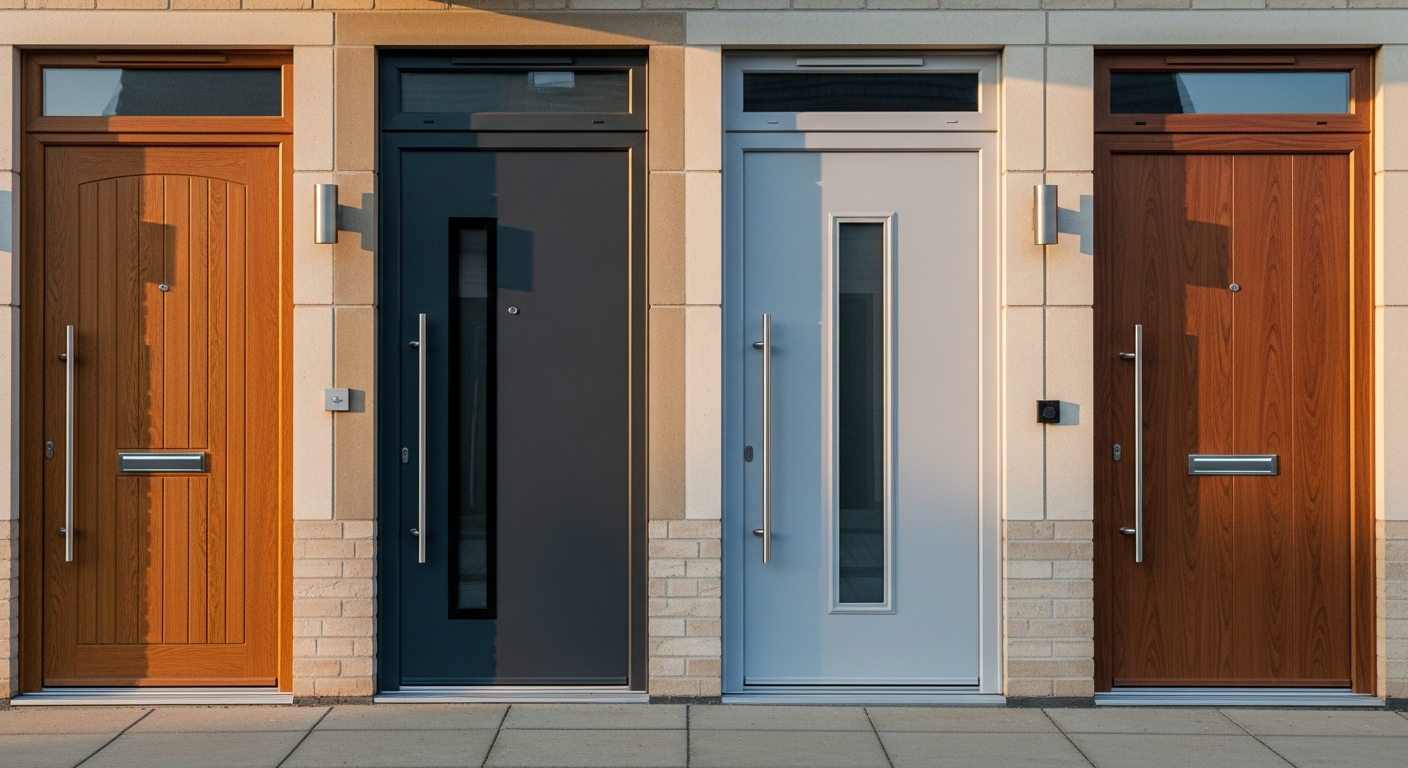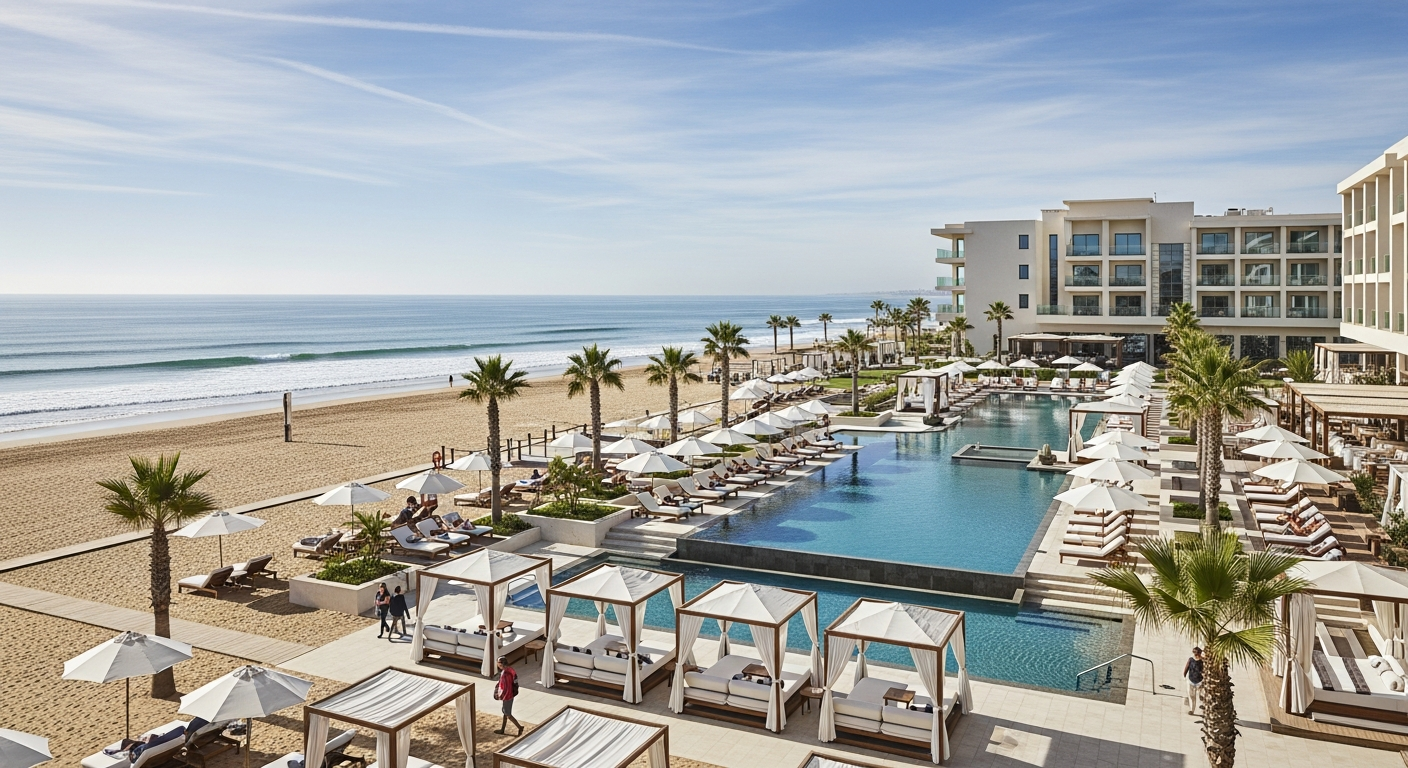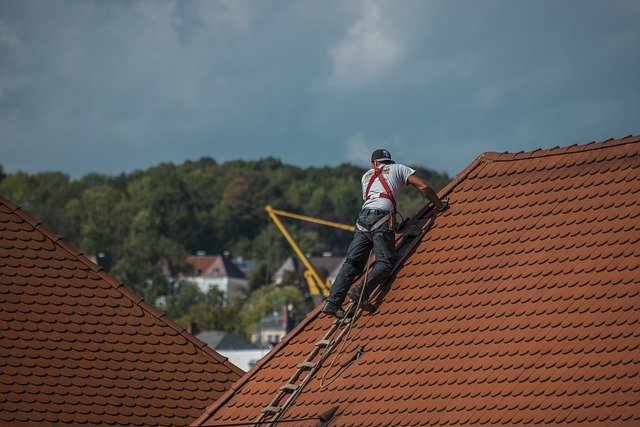Exploring Mobile Homes and Trailers
Mobile homes and trailers are different ways people live and travel. This article explains how they are built, the types of mobile homes and trailers, and the ways they are used. Learn about layouts, materials, and how people make them comfortable for everyday life.

The housing landscape in the United States has expanded to include various types of factory-built housing options that provide cost-effective alternatives to conventional homes. Mobile homes, trailers, and manufactured homes represent a significant segment of the residential market, offering unique advantages for buyers seeking affordability, flexibility, and quality construction. These housing types have undergone substantial improvements in design, safety standards, and energy efficiency, making them increasingly attractive to a diverse range of homeowners.
Understanding Mobile Homes for Sale in Today’s Market
The market for mobile homes has matured considerably, with a wide array of options available to prospective buyers. Modern mobile homes are constructed in controlled factory environments, which allows for consistent quality control and often results in faster completion times compared to traditional construction. These homes are built on a permanent chassis and can be transported to a chosen location, where they are typically placed on leased land in mobile home parks or on privately owned property.
When exploring mobile homes for sale, buyers will encounter various sizes, floor plans, and price points. Single-wide units typically range from 600 to 1,300 square feet, while double-wide models can offer 1,000 to 2,300 square feet of living space. Triple-wide configurations are also available for those seeking even more room. The pricing structure varies based on size, features, location, and whether the home is new or pre-owned. Financing options have also improved, with specialized lenders offering loans specifically designed for manufactured housing.
Buyers should consider factors such as land ownership versus lot rental, zoning regulations in their desired area, and the reputation of the manufacturer. Researching local mobile home communities and understanding homeowner association rules can prevent future complications. Additionally, inspection standards and warranty coverage are important considerations that can protect your investment.
Trailer Homes: Types, Features, and Considerations
Trailer homes encompass a broad category that includes travel trailers, park models, and older mobile homes built before modern manufacturing standards were established. Travel trailers are designed for recreational use and temporary living, offering mobility for those who enjoy frequent relocation or seasonal travel. Park model trailers are larger recreational vehicles designed for extended stays in RV parks or campgrounds, typically measuring 400 square feet or less.
The features available in trailer homes have expanded dramatically, with many models incorporating full kitchens, bathrooms, sleeping areas, and living spaces comparable to small apartments. Modern trailer homes often include energy-efficient appliances, climate control systems, and contemporary design elements. Some park models feature slide-outs that expand the living space when parked, providing additional room for dining areas or bedrooms.
When considering a trailer home, evaluate your intended use, mobility needs, and the regulations governing placement in your desired location. Many municipalities have specific zoning requirements for trailers, and some residential areas prohibit their use as permanent dwellings. Maintenance considerations differ from traditional homes, as trailers require attention to exterior seals, roof integrity, and the condition of wheels and axles if mobility is desired. Insurance requirements also vary, with some policies treating trailers as recreational vehicles rather than permanent residences.
Manufactured Homes: Construction Standards and Benefits
Manufactured homes are factory-built dwellings constructed according to the federal HUD Code, established in 1976 to ensure safety, durability, and quality. This standardized building code regulates design, construction, fire resistance, energy efficiency, and installation requirements. Homes built to HUD standards display a red certification label, distinguishing them from modular homes, which are built to local building codes, and older mobile homes predating the 1976 regulations.
The construction process for manufactured homes takes place in climate-controlled facilities, protecting materials from weather-related damage during assembly. This controlled environment allows for precision construction, reduced waste, and efficient use of materials. Manufactured homes are built on a permanent steel chassis, which facilitates transportation to the installation site. Once positioned, the home is secured to a foundation system, which may include concrete piers, basement foundations, or slab foundations depending on local requirements and buyer preferences.
Benefits of manufactured homes include lower per-square-foot costs compared to site-built homes, faster construction timelines, and customizable floor plans. Energy efficiency has improved significantly, with many manufacturers offering ENERGY STAR certified models that reduce utility costs. Modern manufactured homes feature quality materials, including drywall interiors, residential-grade fixtures, and durable exterior siding options. Financing has become more accessible, with FHA and VA loans available for manufactured homes that meet specific criteria, including permanent foundation requirements.
Cost Considerations and Pricing Overview
Understanding the financial aspects of mobile homes, trailers, and manufactured homes is essential for making an informed purchase decision. Prices vary widely based on size, features, condition, and location. New single-wide manufactured homes typically range from $40,000 to $80,000, while double-wide models generally cost between $80,000 and $150,000. Luxury or custom-built manufactured homes can exceed $200,000. Used mobile homes offer more affordable entry points, with prices ranging from $15,000 to $50,000 depending on age and condition.
Trailer homes and park models present different pricing structures. Travel trailers suitable for extended living typically range from $20,000 to $60,000, while park model trailers can cost between $30,000 and $90,000. These estimates do not include land costs, site preparation, utility connections, or ongoing lot rental fees, which can add significantly to the total investment.
| Housing Type | Size Range | Estimated Cost Range | Key Considerations |
|---|---|---|---|
| Single-Wide Manufactured Home | 600-1,300 sq ft | $40,000-$80,000 | Land or lot rental required, foundation costs |
| Double-Wide Manufactured Home | 1,000-2,300 sq ft | $80,000-$150,000 | Transportation and setup fees, permits |
| Used Mobile Home | Varies | $15,000-$50,000 | Condition assessment, potential repairs |
| Travel Trailer | 200-400 sq ft | $20,000-$60,000 | Mobility, RV park fees, limited space |
| Park Model Trailer | 300-400 sq ft | $30,000-$90,000 | Seasonal use, campground regulations |
Prices, rates, or cost estimates mentioned in this article are based on the latest available information but may change over time. Independent research is advised before making financial decisions.
Making an Informed Decision
Choosing between mobile homes, trailers, and manufactured homes requires careful evaluation of your housing needs, financial situation, and long-term plans. Each option offers distinct advantages, from the affordability and quick setup of manufactured homes to the mobility and flexibility of trailers. Prospective buyers should research local zoning laws, visit multiple properties or models, and consult with experienced real estate professionals familiar with factory-built housing.
Inspecting the construction quality, reviewing warranty coverage, and understanding maintenance requirements are crucial steps in the buying process. Additionally, considering resale value and appreciation potential can help protect your investment over time. While manufactured homes on owned land typically appreciate similarly to site-built homes, those on leased lots may depreciate more rapidly.
Whether you’re seeking a permanent residence, a vacation retreat, or a transitional housing solution, mobile homes and trailers provide viable options that have gained acceptance and popularity across diverse demographics. By thoroughly researching your options and understanding the unique characteristics of each housing type, you can find a solution that meets your needs while fitting comfortably within your budget.




